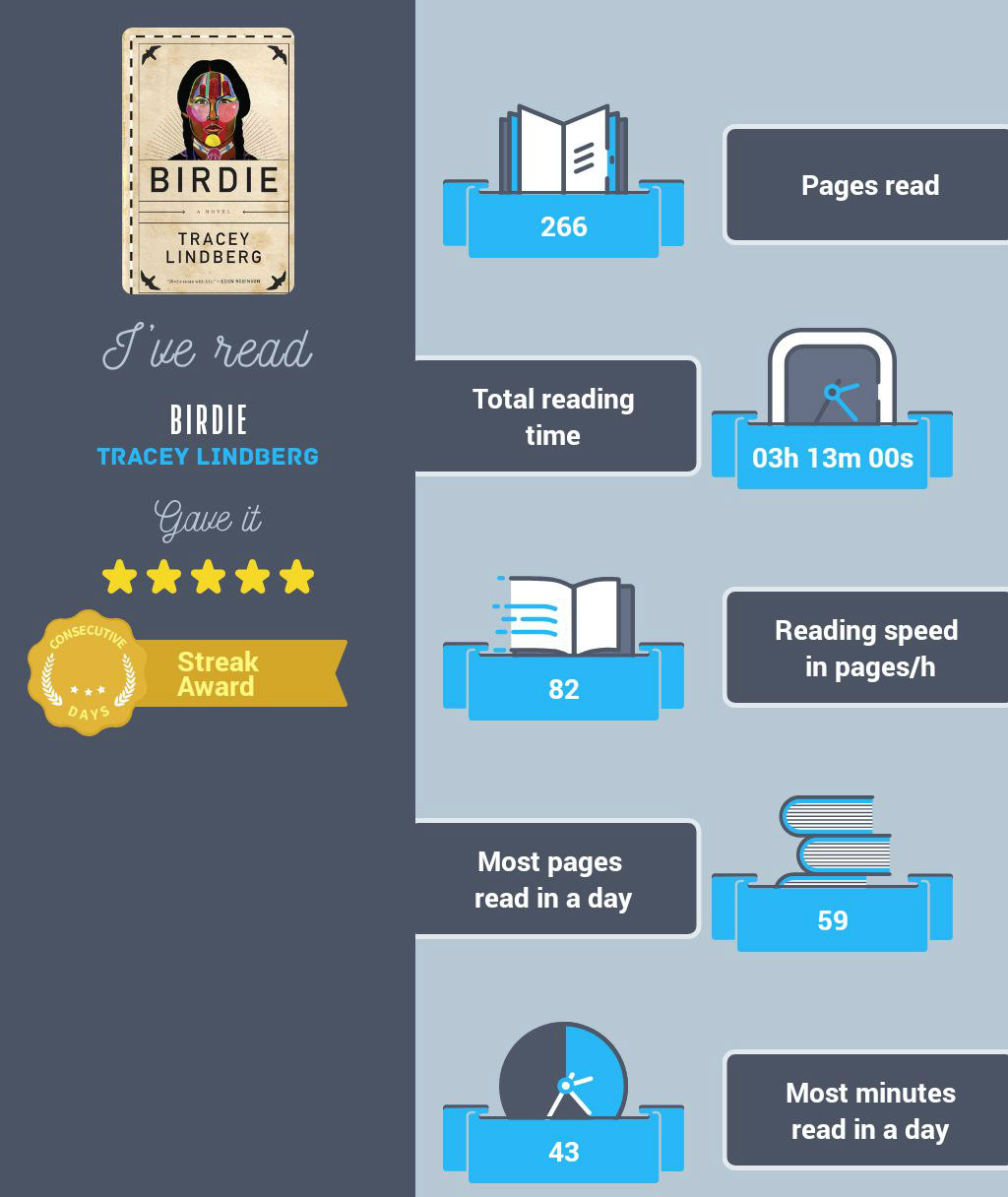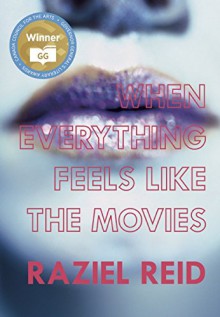






...although this might be my last Canada Reads book for the year (I know, I know, I haven't even read the winner). I just have too many other books on my TBR pile to buy more at the moment. I'll make it a point to start early next year (I do with they would announce the finalists earlier, though) and try for all 5.
As for this book, I'm not really sure what to say at this time. It feels too fresh in my mind, and there's a lot left wide open at the end of the novel. I thought for sure that the photographer would turn out to be Marie-Desneige's lost baby, but that particular thread was never pursued. The last couple of chapters have all the residents of this makeshift Eden scattering (mainly by force) to the four winds, never to come into contact again (presumably; again, there are many unanswered questions).
Which, I suppose, means that this novel is in large part about absences: Ted Boychuck is never seen alive, but his presence permeates the entire novel; Charlie and Marie-Desneiges decide it's for the best to not contact the photographer again; and the fates of Steve and Bruno are uncertain after their disappearance.
The image I have of this book is of stories and characters that are diffused, fuzzy around the edges; which is how I guess many of us appear to one another. It explores some serious issues, but offers no answers. In the end, each character makes a final decision based on very personal circumstances. There are endings, and new beginnings that will inevitably lead to their own endings.

As I mentioned in my last post on this book, this was a tough read because I knew where the story was leading, and I wanted to keep Jude from attending school that day, and then that dance...
I also mentioned what a feeling of hopelessness moves through this book. None of the characters seem destined for a happy future. The small town with no way out, the dead-end jobs, the toxic atmosphere (which is also literal, due to the town's industrial output)... Jude does find his way out, in a sense. We know from the start that this is a post-mortem narration, and Jude is "somewhere" telling us this story. We also suspect that he embellishes much of what he narrates, and we can't completely trust his Hollywood perspective on life. It's his coping mechanism, but also a barrier to us understanding him better as a person. The claustrophobic setting, and the feeling that nobody is blameless (even Keefer is swept into the shame cycle at school) added to the sense of misery I felt throughout the book. I didn't want to keep reading, but couldn't stop.
I'll probably be thinking about this one for a while, wondering whether or not I can say I liked it. It saddened and horrified and angered me. And it made me grieve, as a parent, of my children someday having to encounter similar situations (which are now filmed for eternal worldwide consumption).

King's account was an eye-opener. Sure, we've all studied the Trail of Tears and Custer, and in recent years have become fully aware of what took place in the residential schools.
But the bird's-eye view of land as the determining factor in American Indian history, and the closer look at the treaties and policies that shifted tribes and parcels around like a perverse game of checkers made this book an outstanding, if depressing, read.

This book has kept me up late at night for a few days now, in large part because I can't figure out how I feel about it. In fact, I can't determine what the "it" is that I'm reacting to.
The characters are over the top (or maybe my teenage years are too far in the mists of the past), and Angela especially irritates me. So far, more than halfway into the book, I can't find a single character that doesn't read like a parody of a stereotype.
But, and here's where my dilemma lies, is this because we're seeing the story through Jude's larger-than-life perception of the world around him; or is this also Reid's perspective? Reading When Everything Feels Like the Movies feels like watching the proverbial car accident in progress. It's uncomfortable (and meant to be so) but also fascinating. We know where all this is headed, but we can always hope...